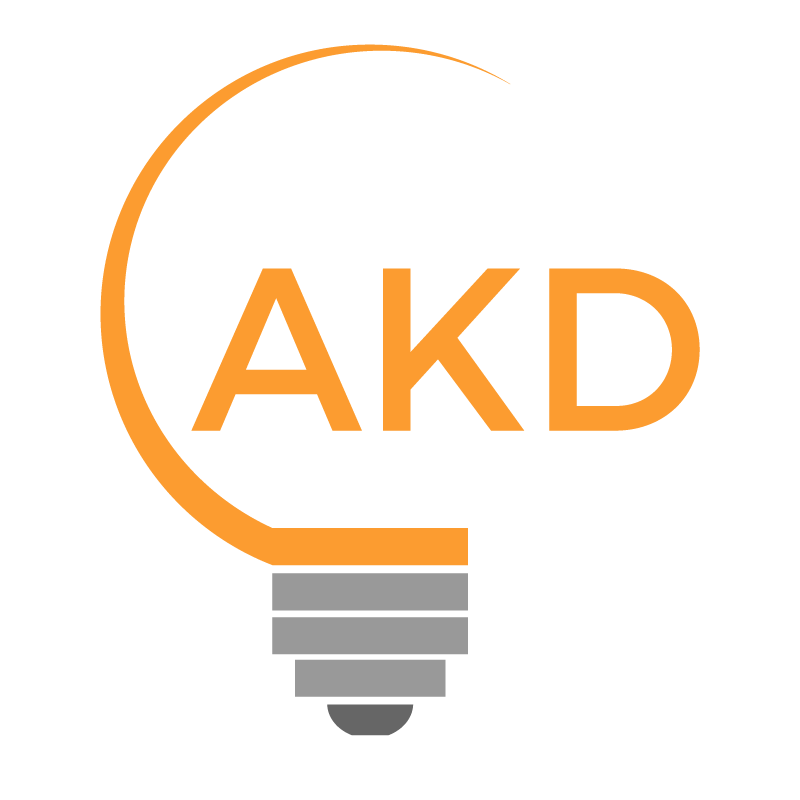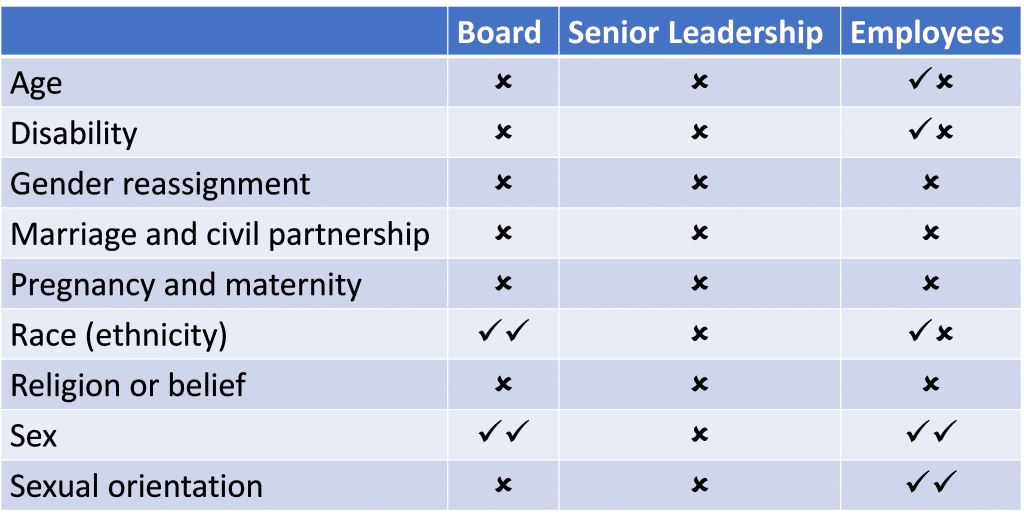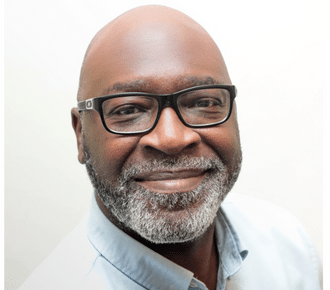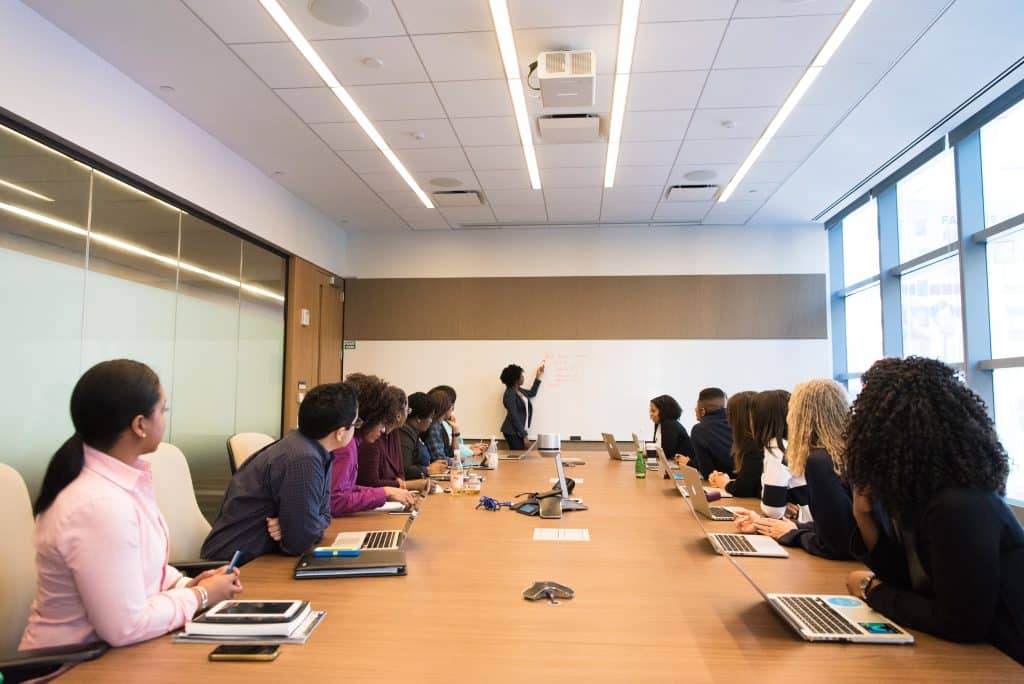We had the opportunity to disrupt and spark brilliance through our latest pioneering research #HorsesForAll commissioned by British Equestrian (BEF). Our purpose was to provide insight into the attitudes, perceptions and lived-experiences of Black, Asian, other ethnically diverse and socio-economically underserved communities in the UK who may or may not be engaging in the equestrian landscape.
BEF is interested in increasing the diversity of people engaged in equestrianism and subsequently increasing the diversity of the views it represents. We at AKD Solutions (AKD) recognise the importance as a leading research, learning, and development organisation specialising in equality, diversity and inclusion consulting. Commissioned in early 2022 to undertake this research as a part of a wider strategy to improve diversity and inclusion practice for equestrians/potential equestrians from underrepresented ethnic and socioeconomic groups sought to not do research but we wanted to create lasting change.
The Research
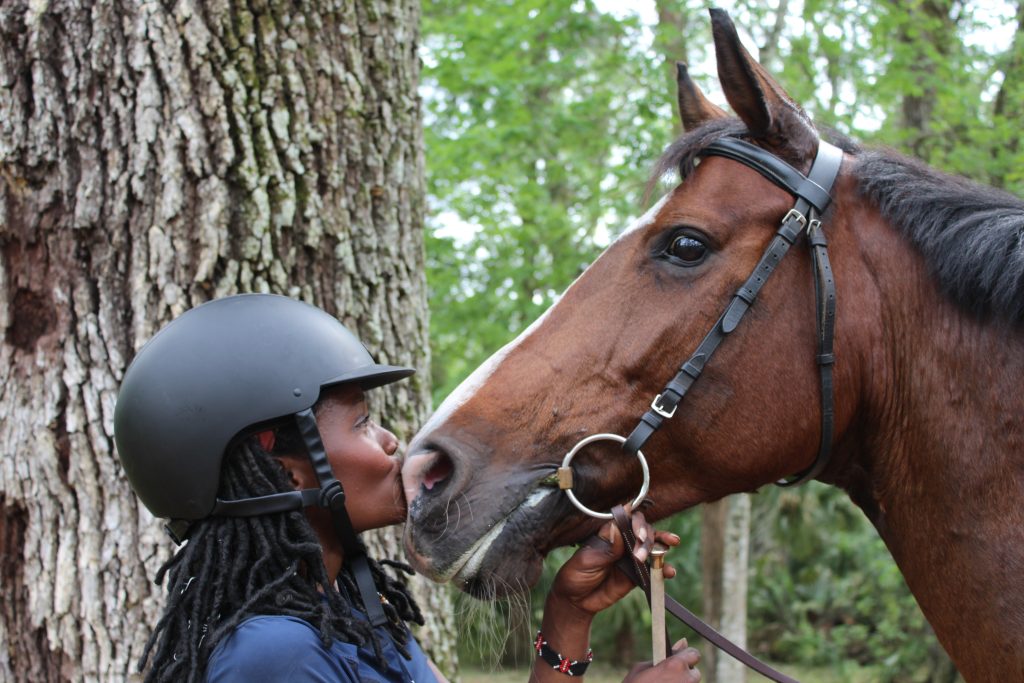
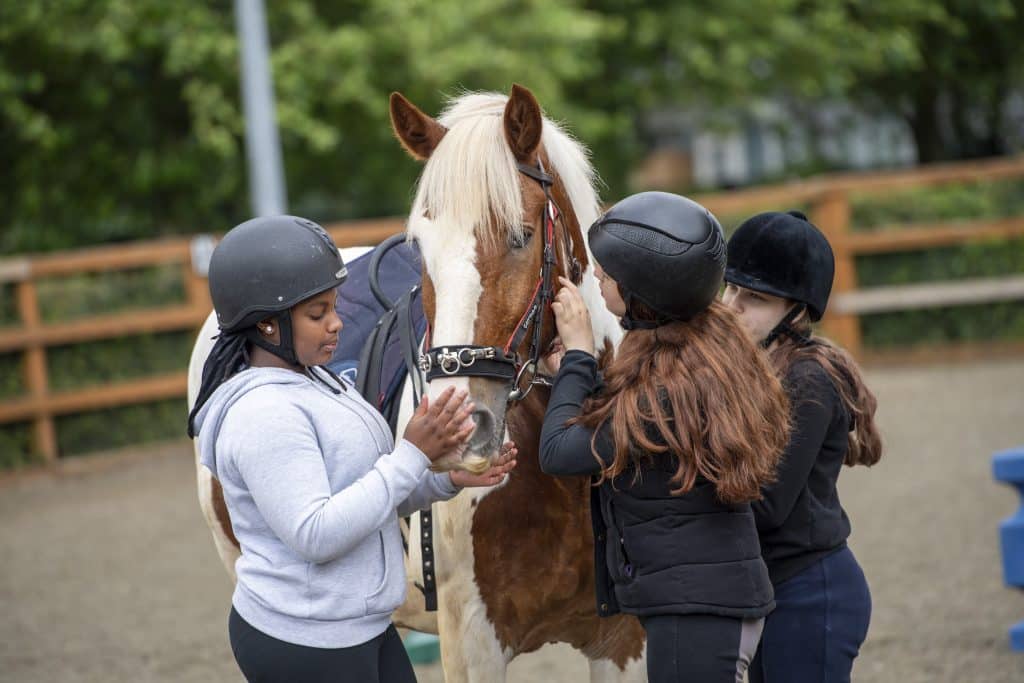
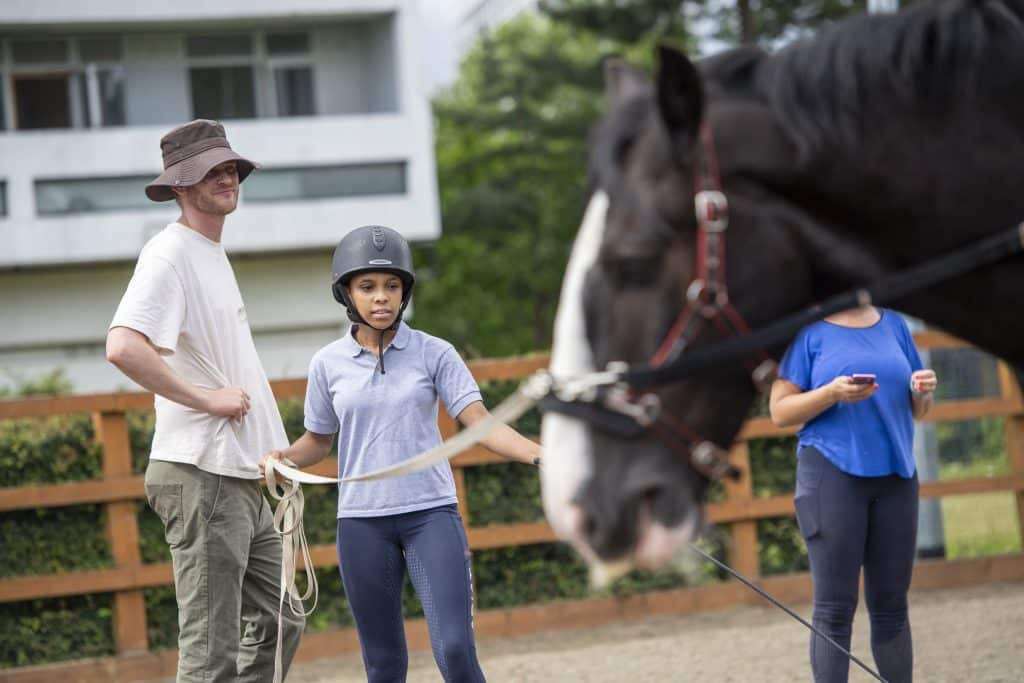
British Equestrian (BEF) is one of the largest equestrian representative bodies with 18 member organisations that represent a large section of sports, leisure and competitive riders and equestrian workforce outside the racing industry. British Equestrian recognised a need to understand why ethnically diverse populations are underrepresented within the industry. The research consisted of speaking to 800 Black, Asian and other ethnically diverse people about their engagement or interest in equestrian activity. This was a nationwide survey, interviews, forums and equestrian experience days. Participants were recruited through community outreach and engagement strategies.
I’m excited for the wider audience to read and understand the range of experiences people from Black, Asian and Global Majority backgrounds in the equine sector. What underpins it all, is everyone’s love for the horse world and the drive to be much a part of it as one’s heart desires.
Reyss Wheeler, Lead Researcher at AKD
Lead Researcher at AKD, Reyss Wheeler stated; “I’m excited for the wider audience to read and understand the range of experiences people from Black, Asian and Global Majority backgrounds in the equine sector. What underpins it all, is everyone’s love for the horse world and the drive to be much a part of it as one’s heart desires. Many of the experiences shared with us as a research team shine a light on the various access barriers, including racism. I hope that it is read by all with an open mind and welcome a collective response to supporting diversity thrive in the equestrian industry. Finally, I thank British Equestrian for the opportunity to bring a wider range of experiences to the fore and look forward to seeing their commitments to inclusivity and diversity come to life.”
Participants views on equestrian activities
Two key themes were established from survey responses: “Motivations, Barriers and Perceptions of Equestrianism” and “Lived Experiences of Ethnically and Socio-economically Diverse Equestrians”. In line with this project’s aim to understand the views and experiences of those from ethnically diverse and low socio-economic backgrounds, the data were analysed and interpreted, where appropriate, in the context of survey respondents’ reported ethnicity and annual household income. Statistics provided below are responses from all survey respondents, unless otherwise specified.
Ladi Ajayi the Head of Sport Division adds, “We are pleased and honoured to have undertaken the research on behalf of the BEF. The findings share similar themes and challenges in the equestrianism field as what was found in our ‘Tell Your Story‘ research. I truly believe by hearing lived experiences and stimulating dialog about challenges of race, class and socioeconomics, equestrian sport and leisure will be able to transform and be more inclusive. I welcome the journey BEF are taking to see their activities from an EDI lens and help change equestrianism for the better.”
AKD Recommendations
Following on from the findings of this study, we have set out 11 recommendations, reviewed by an ethnically diverse body of equality, diversity, and inclusion professionals. We, AKD Solutions, asked BEF to consider the recommendations in line with a review of the EDI Strategy and outline how recommendations will be met in the short, medium and long term in collaboration with member bodies and other industry stakeholders as outlined in our report.
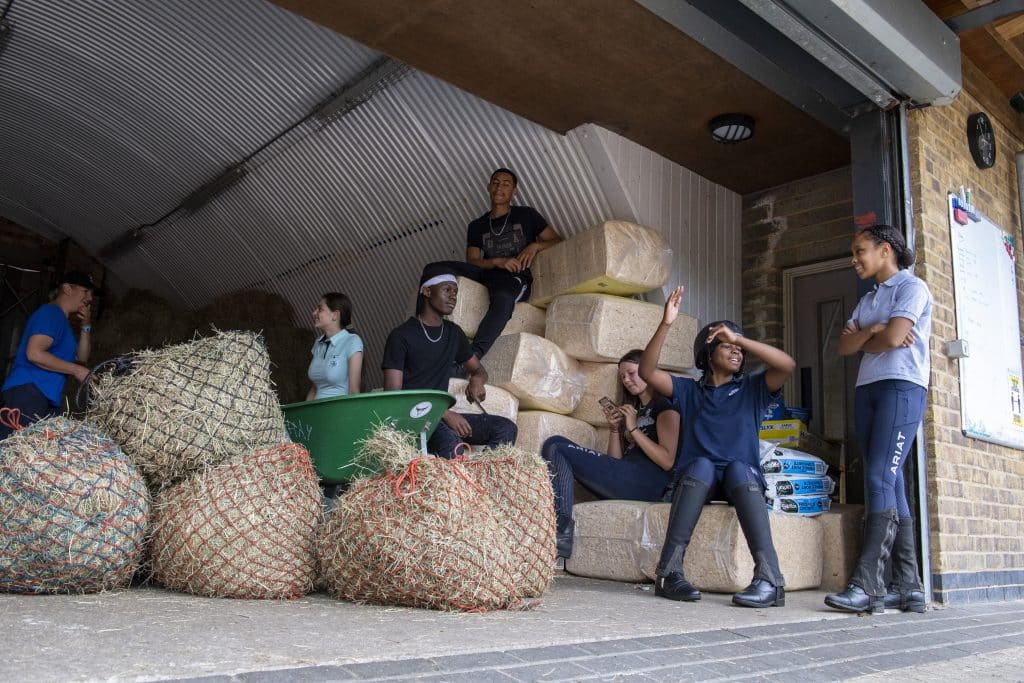
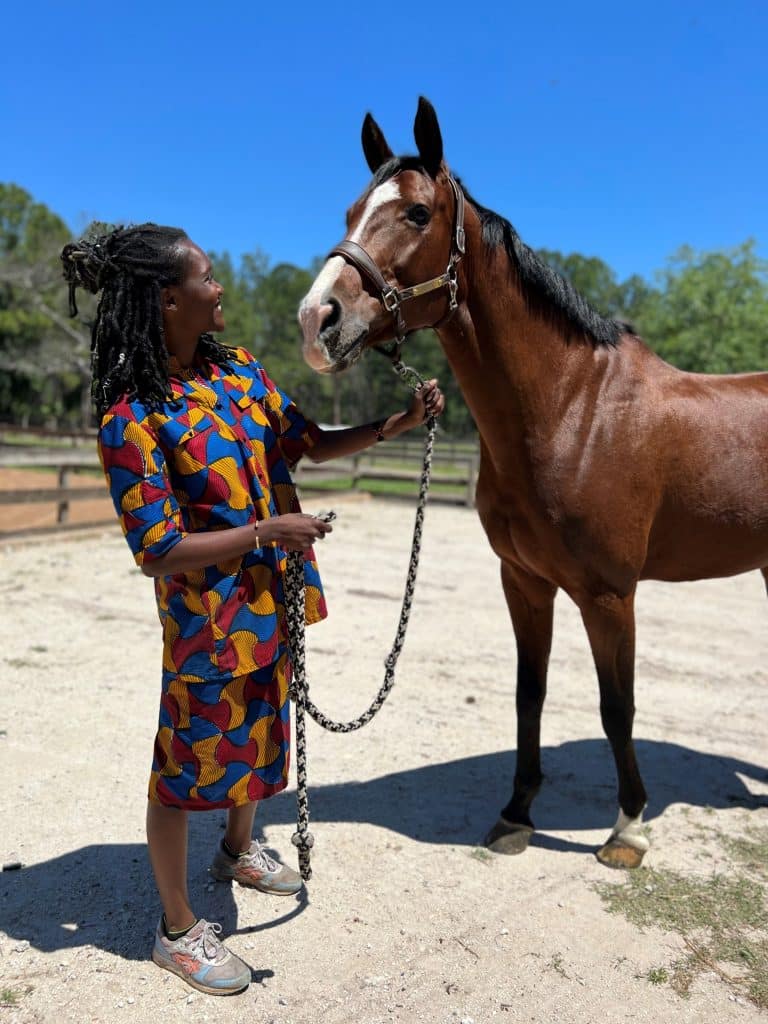
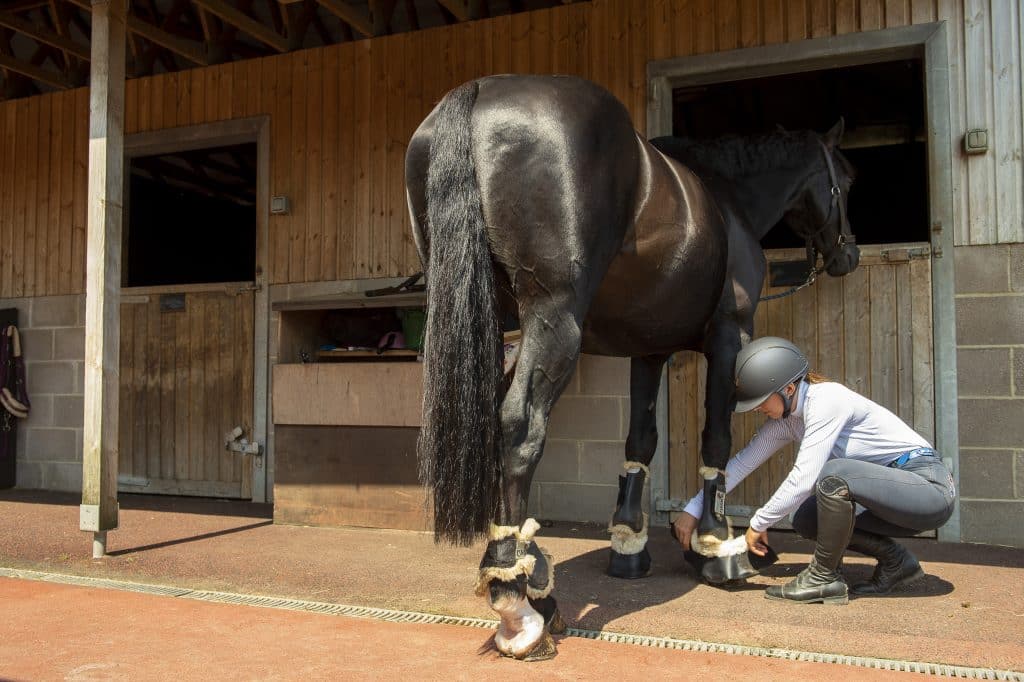
BEF Chair Malcolm Wharton commented; “This is an important day for British Equestrian and our member bodies as we strive to create a community that is truly representative of society and where all participants feel welcome, included and free from discrimination. It was a huge step to directly engage with those in the ethnically diverse and underserved communities and get their feedback, but a vital one – we are extremely grateful to AKD Solutions for making it happen. The insight gained from this research puts us in a much stronger position to effect meaningful, systemic change and provides a foundation from which to make plans to deliver results, which will have impact on generations to come.”
Our hope for the equestrian industry
AKD has great hope for BEF and the equestrian industry, that it will continue to be driven to share their passion for horses with ALL communities. Akin Thomas, CEO of AKD adds; “Our hope is that this is not just a great piece of research project but also to build long-standing relationships between communities and equestrian sport, providing greater awareness, breaking down barriers, and bringing genuine opportunities for people.”
To find out more about #HorsesForAll research, click here to read report.
Learn more about AKD Sport Division, click here.
Media and Research Enquiries: marketing@akdsolutions.com .
